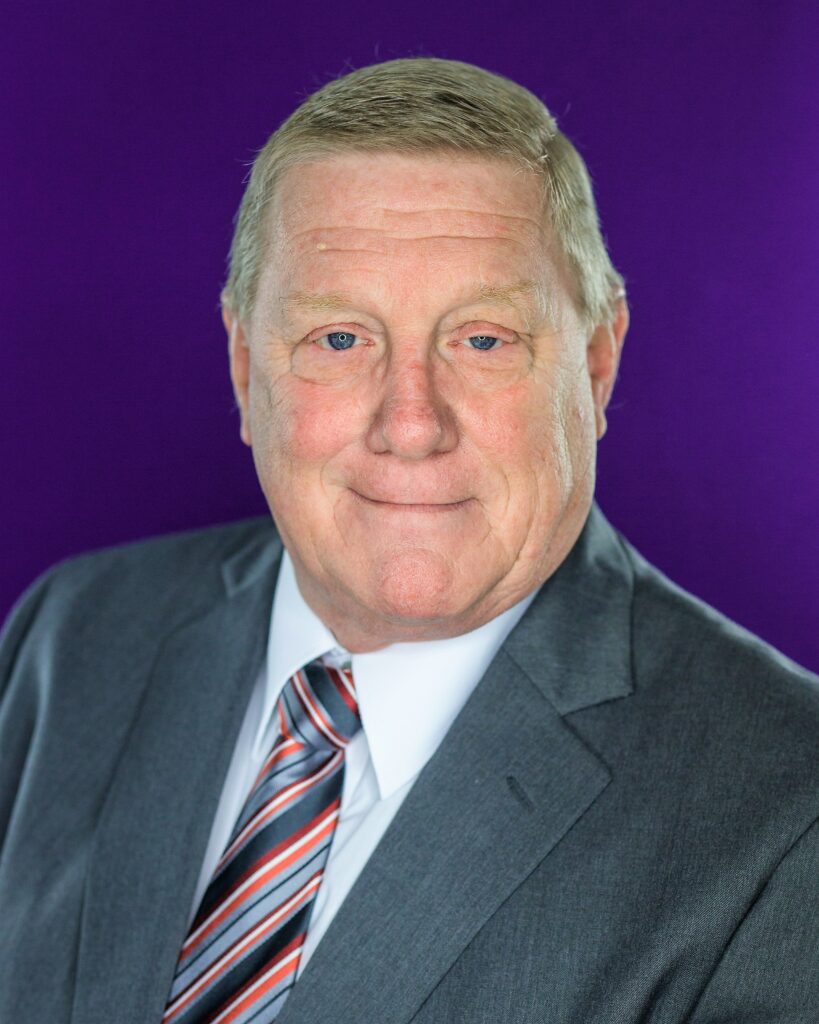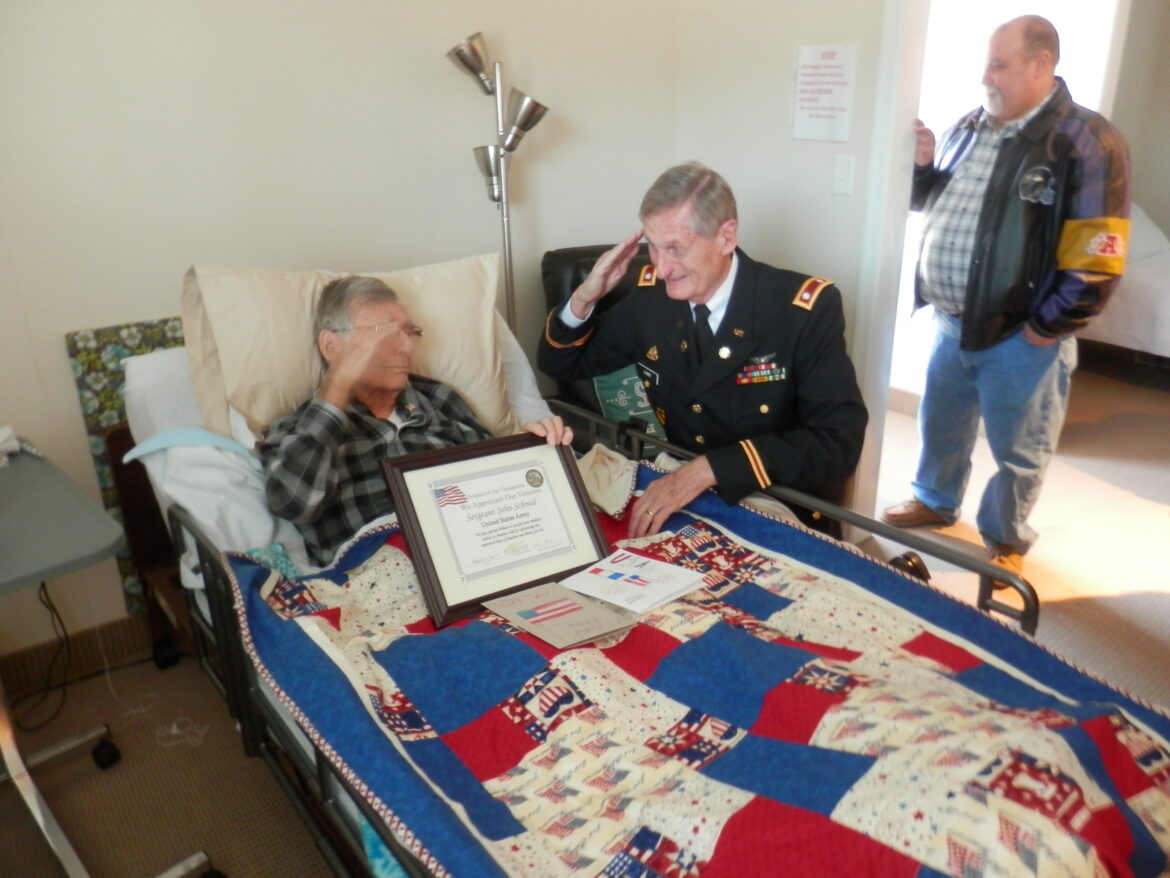
Bill Miller, Chaplain, Hospice of the Chesapeake
When a person chooses to become a hospice patient, the first thing the care team does is get to know the patient and their family. We want to know as much as possible about each person as our care plan will vary depending on their life experiences. Culture, faith, family, work background and more all come into play.
One of the first questions we ask is whether our new patient served in the military. There are many who would answer, “Yes.” Each year, 1 out of 4 people who die in our nation are military veterans. That is a large segment of our population sharing a powerfully distinctive life experience. It is why we have committed to understanding and providing for the unique needs of veterans. Here are five ways we honor their service.
- Consider the paperwork – The DD214 is an official document that tells the story of the veteran’s service. It is a record of awards and medals earned, battles in which they served, battle injuries, what rank they held, etc. It’s also the paperwork we need to help them with military burial and other family death benefits available through the VA.
- Coordinate a Vet-to-Vet Volunteer – One of the hallmarks of our veterans program is a commitment to match the veteran with volunteers who also served in the military. This match connects the veteran with someone who understands the part of their life that they may have keep private from civilian family and friends. Being able to talk freely with a fellow veteran often helps the patient review that part of their life and begin the healing process that can lead to a more peaceful end.

Dick Ladd, a We Honor Veterans volunteer who passed away in 2021, salutes a veteran patient during his honor salute.
- Offer to perform an honor salute – The honor salute is a way for us to say thank you and welcome home. For many, especially Vietnam vets many who weren’t treated well when they came home, it’s something they haven’t experienced for many years, if at all. At these living room or bedside ceremonies, the family will often learn things about the servicemember’s time in the military – like medals they earned. It’s an honor to be able to witness the pride of an elderly veteran who finds their strength to raise their hand to return a salute.
- Support them with life review – Toward the end, patients often start talking about things that they’ve done. It can be shocking to the family. Suddenly it’s “Pop Pop was in a war?” Patients with post-traumatic stress disorder may have experienced a lot of anxiety, depression, addiction, outbursts and more. These things can cause additional trauma at the end of life. If it is something they want to share with the family, we can help them process it with their loved one, too. After all, their families are partners in their journey, too.
As hard as this life review might be for the family to hear, we need to help them understand. There’s a type of grief that their loved one has been carrying with them since they left the service. They’re grieving friends they lost in the war. They’re grieving their innocence. As with most grief therapy, most patients find it valuable to open up and release what’s holding them back.
Unlike many civilians, veterans already understand the role a chaplain plays. In the military, especially on the battlefield, chaplains are there for everybody. Like hospice chaplains, they do not have a religious agenda and most often provide a listening ear. So, when I introduce myself as a chaplain to a veteran, it opens gateways.
The largest group of veterans alive today, around 6 million, served during the Vietnam Era. Of those, around 700,000 served on the land or in the air and seas of Vietnam, referred to as “in country.” Hospice professionals understand that this group of combat veterans have spiritual and emotional needs different from other military veterans. Not only different from veterans of their era who served stateside, but also different from others who saw combat in other eras, like World War II, Korea and Afghanistan.
- Listen – Unlike many civilians, veterans already understand the role a chaplain plays. In the military, especially on the battlefield, chaplains are there for everybody. Like hospice chaplains, they do not have a religious agenda and most often provide a listening ear. So, when I introduce myself as a chaplain to a veteran, it opens gateways. They know I’m here to listen. As a patient prepares for death, perhaps the most important thing hospice professionals — and family and friends — can do is listen.


